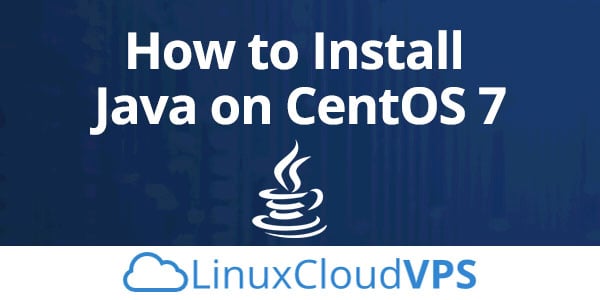In this tutorial, we are going to show you how to install and manage multiple Java versions on a Linux server.
Java is an object-oriented web programming language used in thousands of applications worldwide and has a huge community of developers and regular users. Java is divided into two types OpenJDK and Oracle JDK. OpenJDK is a free and open-source implementation of the Java SE Platform Edition. Oracle JDK is the closed-source version of Java developed by Oracle. This tutorial will use the latest Ubuntu 22.04 OS, but you can choose any Linux distro. Java is compatible with all Linux distros.
Installing multiple versions of Java and switching between them is a straightforward process. Let’s get things done!

